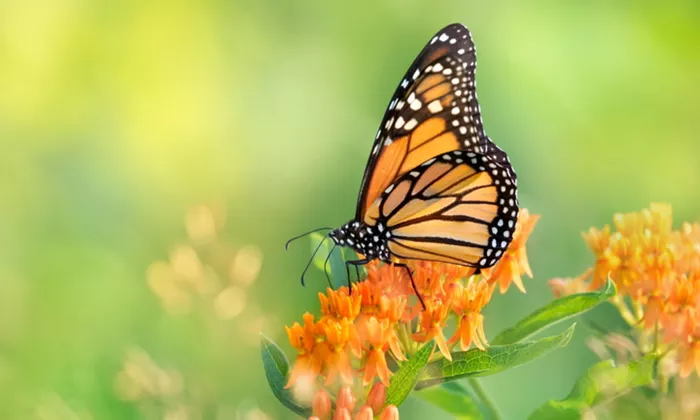New research suggests that some flowers’ tendency to honestly reward pollinators with nectar is partly determined by their genes, offering fresh insights into the evolutionary dynamics of plant-pollinator interactions.
A study published in New Phytologist explored floral honesty in the Mexican native Turnera velutina (Passifloraceae). Scientists examined multiple genetically distinct plants, uncovering that nectar production is heritable and that pollinators, particularly bees, can detect differences in floral honesty based on nectar sugar content and flower size.
Interestingly, the findings reveal that bees prefer flowers with higher nectar rewards, which boosts the plant’s reproductive success by increasing seed production. This suggests that floral honesty can be naturally selected and passed down through generations.
However, researchers also found that most plant genotypes displayed some level of “cheating”—offering showy flowers but little to no nectar. Despite pollinators favoring honest flowers, dishonest plants remain widespread.
“This paradox suggests that multiple evolutionary forces may be at play in sustaining floral dishonesty in natural populations, warranting further investigation,” said lead researcher Dr. Sergio Ramos of the University of Zurich.
The study raises new questions about how deception in nature persists and what factors drive the balance between floral honesty and dishonesty.


